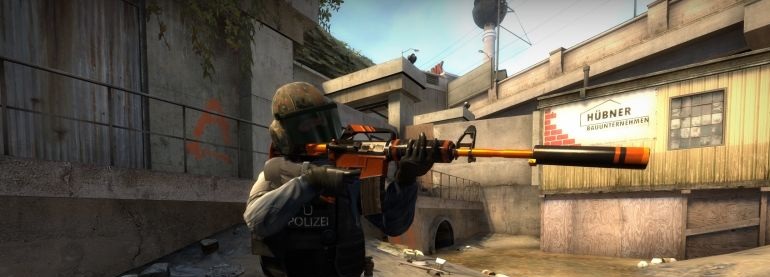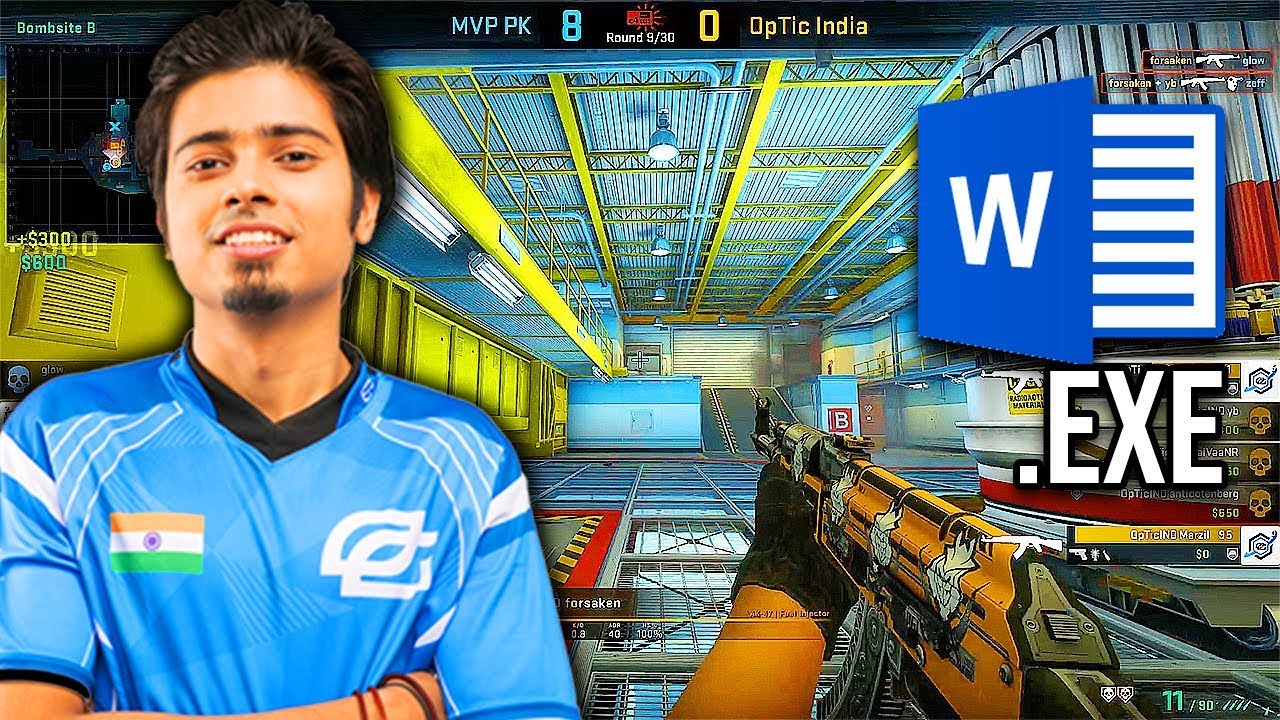
CS:GO fame might reach its end after Valve new set of rules
Despite Valve’s campaign in fighting gambling gaming sites of CS:GO which are based on Steam, the company main pc platform, in 2016, there is still a strong “skin” exchange market and sometimes a lot of gambling activities around the game. However, there is a new set of trade restrictions from Valve, which have led to a panic for the lovers of collecting skins and led to the desire of selling them all for fear of the death of the popularity of the game.
“CSGO is over!” has been the refrain of Counter-Strike skin buyers, sellers, traders, and gamblers since Valve announced new trade limits yesterday. Where once you could trade cosmetic items as soon as you received them—like somebody playing hot potato with guns that have drawings on them—now you’ve gotta wait seven days to trade any newly received item.
In a blog post, Valve explained that it made the change in order to “reduce some negative unintended uses of trading in CSGO (such as fraud and scams), with the goal of preserving trade between players.” Given that fraudsters and scammers rely on their ability to move items quickly and repeatedly to turn a sustainable profit, it’s likely that this will have some kind of impact on them. If nothing else, it will obviously slow them down.
However, people who trade, collect, and sometimes gamble weapon skins—all as part of a market with real money value—think this is gonna topple their semi-legitimate sparkly rainbow gun empires, too. The inconvenience of it all, traders contend, will discourage people from trading for fear of value fluctuations they can’t rapidly react to anymore and grind the market to a halt.
“Destroying the ability of users to trade items without restriction will likely result in a widespread decrease in the amount of user-to-user trades, and thus a similar decrease in interest for said items,” said prominent streamer and trader Roflm0nster in a message he claims he sent to Valve. “Put simply, the new trade cooldowns ruin the experience of the average CSGO player who wishes to use items.”
Popular YouTuber Anomaly took it a step further, saying that he “cashed out” his whole skin collection for real money because he believes “the price of skins is going to drop heavily” and that Valve “just removed most of the usability and interest of skins.”
Large communities like the Global Offensive Trade subreddit—which has over 100,000 users and allows people to arrange deals they’ll then complete through Steam trades—have voiced similar sentiments, albeit while discouraging cashing out for fear of destabilizing the market. (That’s not really stopping people, though.) There’s also a petition to revert trade rules back to the way they used to be. As of writing, it had nearly 65,000 signatures.
Big third-party trading and gambling sites—which conduct their business on their own websites, but sometimes complete deals using terms-of-service-defying bot accounts to trade skins on Steam—also believe that they stand to be seriously affected.
“With this new system, users will have to wait seven days before they can trade an item that they receive from trading,” wrote the operators of OPSkins, one of the biggest CSGO skin sites. “This update also means that any item a player deposits onto OPSkins will not appear on the site until the seven-day trade hold has been lifted from our bots, however, the item will be in our bots inventory.”
Other sites like CSOffer.me have shut down their services entirely while they scramble to figure out new solutions.
Some players believe this whole thing is actually a big scheme on Valve’s part to funnel everybody away from third-party sites and back into the Steam Marketplace, where they can buy and sell directly instead of using Steam’s trade functionality as a middleman for deals Steam doesn’t otherwise allow for. Granted, many of these sites operate in gray areas, or even partially outside Valve’s rules, and they’re not regulated in any way. While one could argue that cracking down on big and seemingly trustworthy hubs like OPSkins could drive flesh fanatics into the arms of sites more willing to take advantage of them, the whole scene is open to exploitation.
As for (mostly) above-board traders who just want to collect skins, it remains to be seen whether or not their scene actually dries up. Everybody’s panicking right now, but, well, it’s hardly the first time the CSGO community has decided that the sky is falling.

